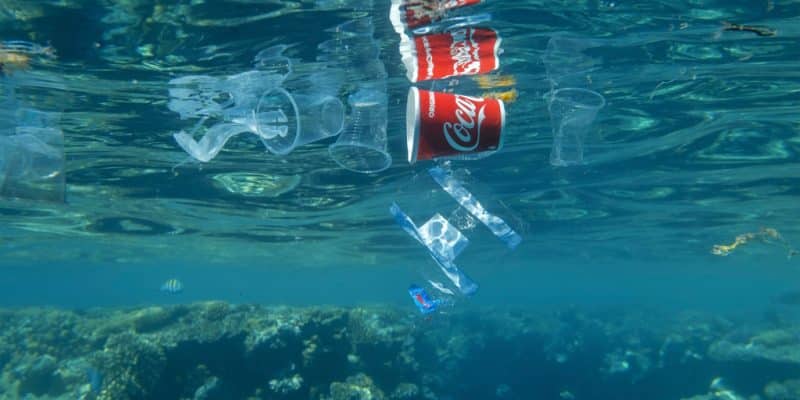Until 25 July 2023, Coca-Cola Beverages South Africa (CCBSA), the company that bottles the soft drinks produced by the multinational Coca-Cola, is mobilising civil society organisations (CSOs) and local authorities to clean up rivers overrun by plastic waste.
Coca-Cola Beverages South Africa (CCBSA), the bottler of the American soft drinks giant in South Africa, is going to war against plastic waste as part of its annual “Clear Rivers” campaign. The citizens’ initiative, which coincides every 18 July with the celebration of Mandela Day in tribute to the father of the rainbow nation, aims to clean up beaches and rivers.
For this 2023 edition, eight municipalities affected by river pollution are being targeted. They are Alexandra and Braamfontein in the cosmopolitan province of Gauteng, Mpumalanga, Pietermaritzburg, Port Shepstone and Durban in the province of KwaZulu-Natal, Gqeberha in the Eastern Cape, and Bloemfontein in the Free State, which is also popular with tourists for its mild temperatures.
“We are working in our communities to educate people about why and how to recycle plastics through, among other things, sustained consumption campaigns and messages on packaging, in order to create a healthier environment for everyone,” explains Nozicelo Ngcobo. According to the CCBSA’s Director of Public Affairs, Communications and Sustainability, the “Clear Rivers” campaign will help to develop the circular economy and create jobs for young people.
Read also-SOUTH AFRICA: State strengthens waste collection in 20 cities
Coca-Cola has been committed to reducing the proliferation of its plastic packaging in South Africa since 2021. To this end, it has launched the labelling of its new 2-litre bottles with the words “Returnable”, with the aim of reusing them and limiting their manufacture. This eco-responsible measure, which has been welcomed by the South African government, should help to combat the pollution caused by the 12.7 million tonnes of waste produced each year in this southern African country.
Benoit-Ivan Wansi






